A recent letter in Biological Conservation criticized TOP researchers for writing about how more people means less space for wildlife. We responded that without limiting our numbers, people will not be able to protect the natural world. Who’s right? Please share your thoughts and ideas in the on-line comments below.
by The Overpopulation Project
This summer, TOP researchers published an article titled “Overpopulation is a major cause of biodiversity loss and smaller human populations are necessary to preserve what is left” in the journal Biological Conservation. Eight researchers responded with a letter critical of our paper, accusing us of supporting colonialism, eugenics, and exterminating people. We reprinted that letter in our previous blog, along with readers’ responses to it, for which we are grateful.
Below we reprint our published response to the letter. You can see that unlike our detractors, we avoided personal criticisms. But in this less formal venue, we raise the question of whether the authors of that letter have a commitment to preserving biodiversity strong enough to meet the threats to it. We don’t think they would have advanced such obviously weak arguments if the issue was protecting something they really cared about. Once again, we invite your comments!
Conserving biodiversity means limiting our numbers: A response to Green et al. 2022
Green et al. 2022 invite readers to a fruitless discussion of whether overconsumption or overpopulation is driving global biodiversity loss. According to the 2019 Intergovernmental Panel on Biodiversity and Ecosystem Services Global Assessment, both are important. As summarized by Diaz et al. (2019), “the human impact on life on Earth has increased sharply since the 1970s, driven by the demands of a growing population with rising average per capita income.” “The world is increasingly managed to accelerate the flow of material contributions from nature to keep up with rising demand,” they write, as growing human economies displace wild nature. A similar analysis holds regarding climate change. IPCC’s 6th Assessment Report (2022) states, “globally, GDP per capita and population growth remained the strongest drivers of CO2 emissions from fossil fuel combustion in the last decade.”
Our paper (Cafaro et al., 2022) cites dozens of peer-reviewed research articles to support our contention that overpopulation is a major cause of biodiversity loss (not the cause, as Green et al. 2022 erroneously states). We document how population increase accelerates direct drivers of biodiversity loss, including habitat conversion, pollution, and overfishing. We provide examples where population decrease has facilitated successful ecological restoration projects.
Green et al. 2022 ignore all this evidence, instead arguing their case using an obviously flawed “simple arithmetic example.” Equating a population of 10 million consuming 1 unit/person with a population of 5 million consuming 2 units/person, they assert that if both populations added 5 million people, the larger one would add less total consumption. They say this shows “consumption rate matters more than human population numbers.” But if both populations increased per capita consumption by 1 unit/person, the larger one would increase its total consumption more, “showing” population’s greater importance. Using similar reasoning, one could prove the length of a rectangle is more important than its width in determining its area, or vice versa.
A simple model indicates how average consumption per capita (C) and population size (P) generally have similar multiplicative effects for total resource use (T). T can be specified by the eq. T = C × P, so that doubling either C or P will double resource use. For any particular resource use or environmental impact, this model is an oversimplification, but it is true at a rough level. Our paper invites researchers to explore more detailed models. Both C and P are likely to remain important in the more complex and accurate models we hope conservation biologists develop to explain biodiversity loss, just as both factor into the Kaya Identity atmospheric scientists use to explain changes in CO2 emissions.
The evidence we summarize in our paper suggests a world of 8 billion or more people is a world committed to crowding out the rest of life and extinguishing a large fraction of Earth’s species. For that reason, we call on conservation biologists to advocate for small family norms and universal access to modern, affordable contraception. Not eugenics. Not violence. Not colonialism, or neocolonialism. We do not advocate targeting specific groups, much less displacing or exterminating them.
In our paper, we explicitly call for smaller populations throughout the world, in both developed and developing countries, and smaller families among the wealthy as well as the poor. Coercion is unacceptable, whether forcing women to have fewer children, as in China and India during the 1970s, or forcing them to have more, as in the Philippines and the United States today. It’s important to recognize that voluntary family planning programs improved women’s lives, reduced hunger, and lifted hundreds of millions out of poverty during the past half-century, in many regions of the world (Engelman and Johnson, 2019). Unfortunately, some who see themselves as defenders of the poor and marginalised don’t know this history and misguidedly oppose such programs, inadvertently harming those they want to help.
We believe adult human beings have a right to freely and responsibly choose their family size (a right that relies on the availability of modern contraception). We also believe people have a right to adequate food, water, and shelter; and that other species have a right against untimely anthropogenic extinction (Cafaro, 2015). The evidence suggests all these rights cannot be accommodated simultaneously in a world of 8 to 12 billion people.
To have any hope of raising all people out of poverty while also preserving nature’s diversity, we must reduce our numbers. More broadly, we must replace our current economies, designed to provide ever more stuff for ever more people, with sustainable economies designed to provide a sufficiency for a limited number of people. Conservation biologists should join the environmental vanguard in advocating for such radical change, since the economic status quo is incompatible with preserving Earth’s remaining biodiversity.
Unlike Green et al. 2022, we trust conservation biologists and our fellow citizens to discuss these matters. Any people seeking to create a just and sustainable society should choose population policies that further the common good, rather than leaving those policies up to religious zealots, corporate lobbyists, or chance. We hope that going forward, nations around the world define the common good to include flourishing populations of other species, in addition to humans. Without strong, explicit commitments to limit human numbers and economic demands and share Earth more generously with other species, many of them are doomed to extinction.
References
Cafaro, P., 2015. Three ways to think about the sixth mass extinction. Biol. Conserv. 192, 387–393.
Cafaro, P., Hansson, P., Gotmark, F., 2022. Overpopulation is a major cause of biodiversity loss and smaller human populations are necessary to preserve what is left. Biol. Conserv. 272, 109646.
Diaz, S., et al., 2019. Pervasive human-driven decline of life on earth points to the need for transformative change. Science 366, 1327.
Engelman, R., Johnson, D., 2019. Removing Barriers to Family Planning, Empowering Sustainable Environmental Conservation: A Background Paper and Call for Action. Margaret Pyke Trust, London.
IPCC, 2022. Climate Change 2022: Mitigation of Climate Change. Contribution of Working Group III to the Sixth Assessment Report of the Intergovernmental Panel on Climate Change.


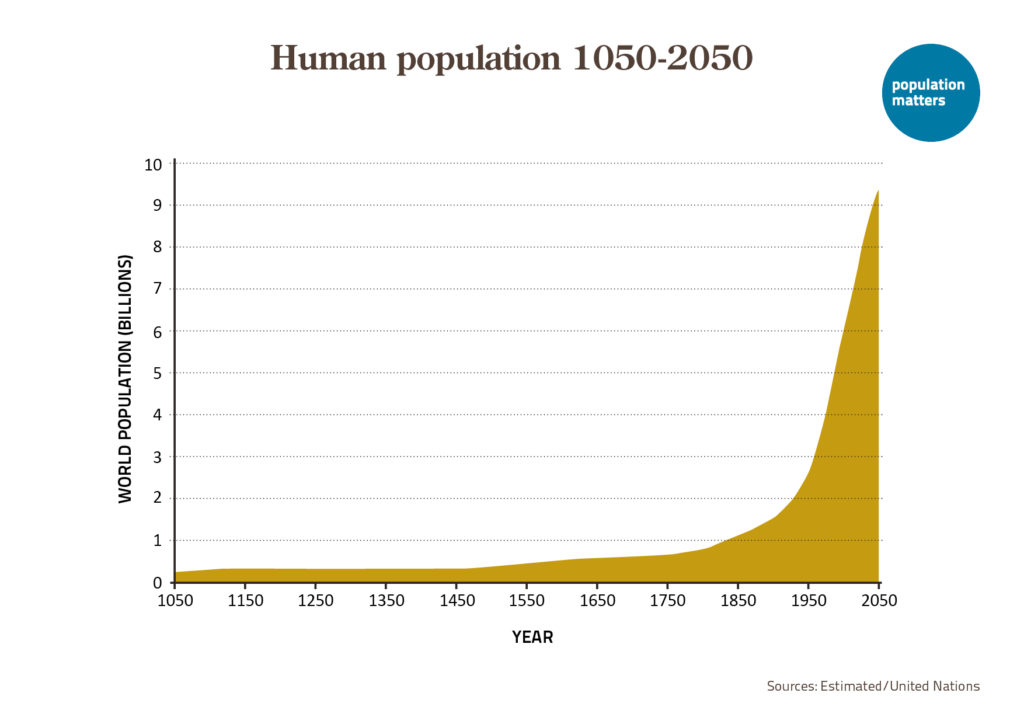
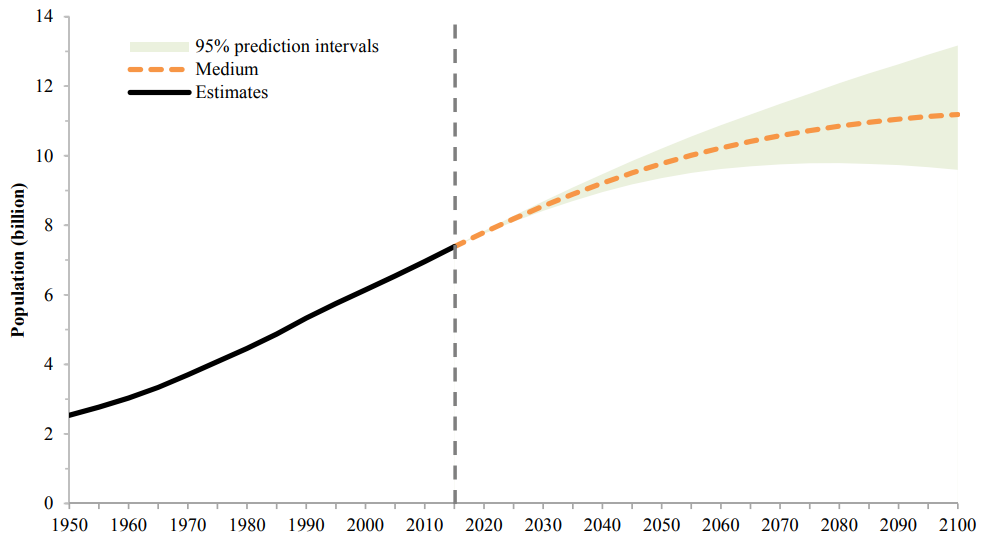
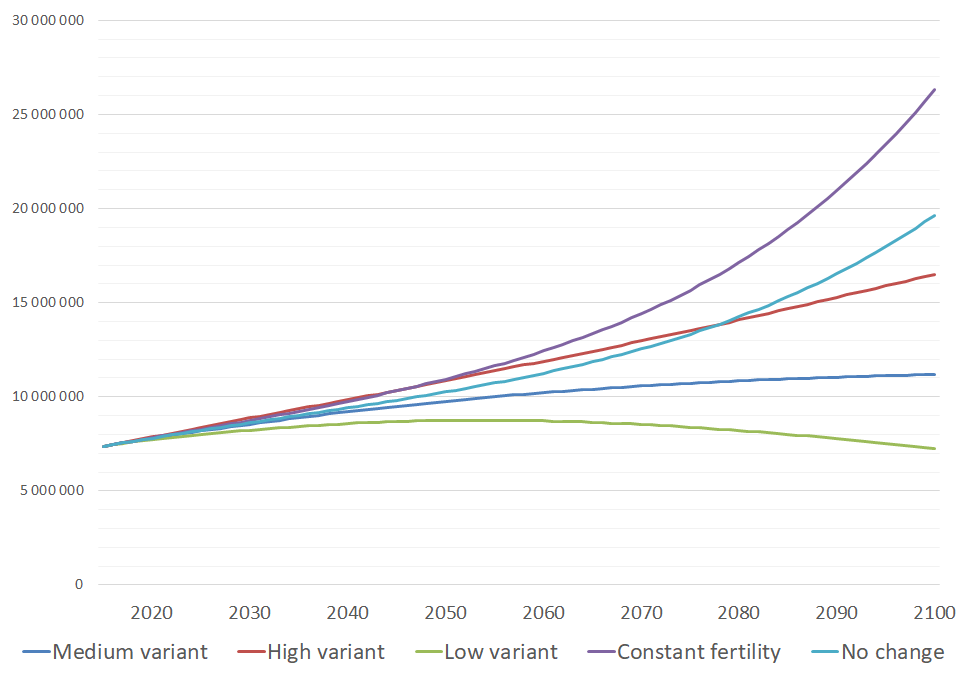
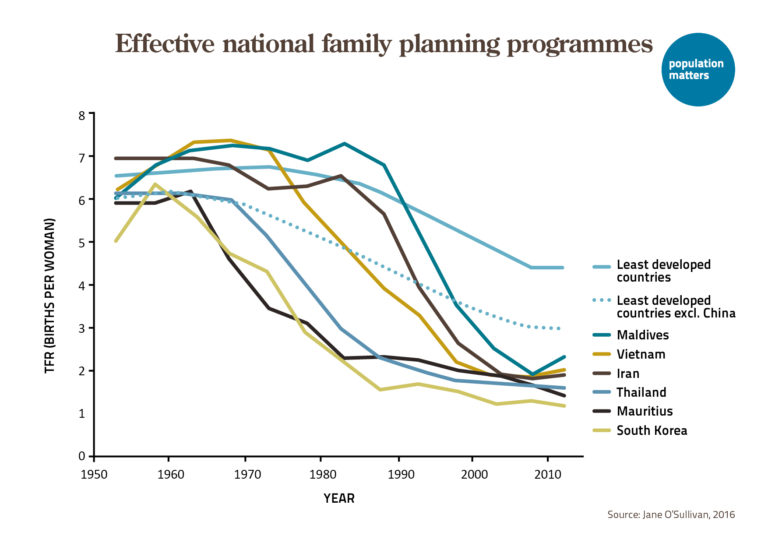

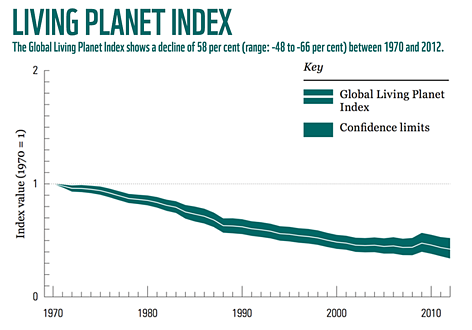
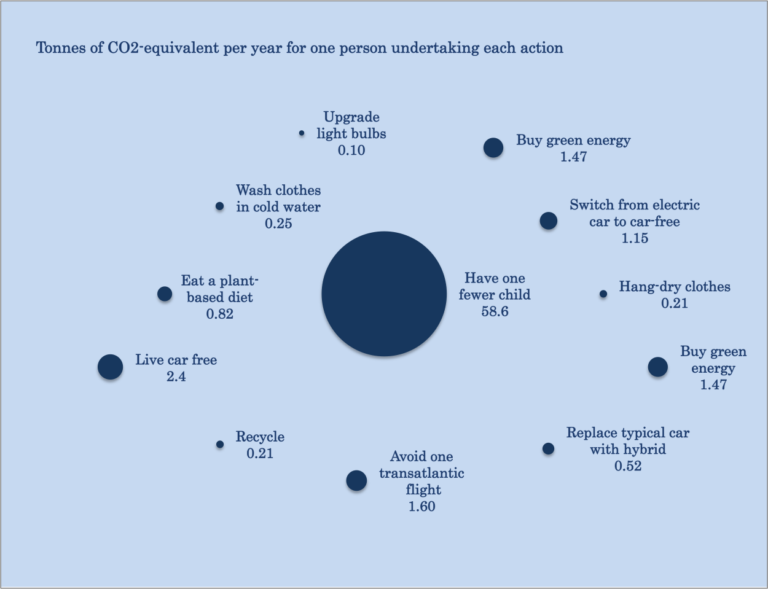
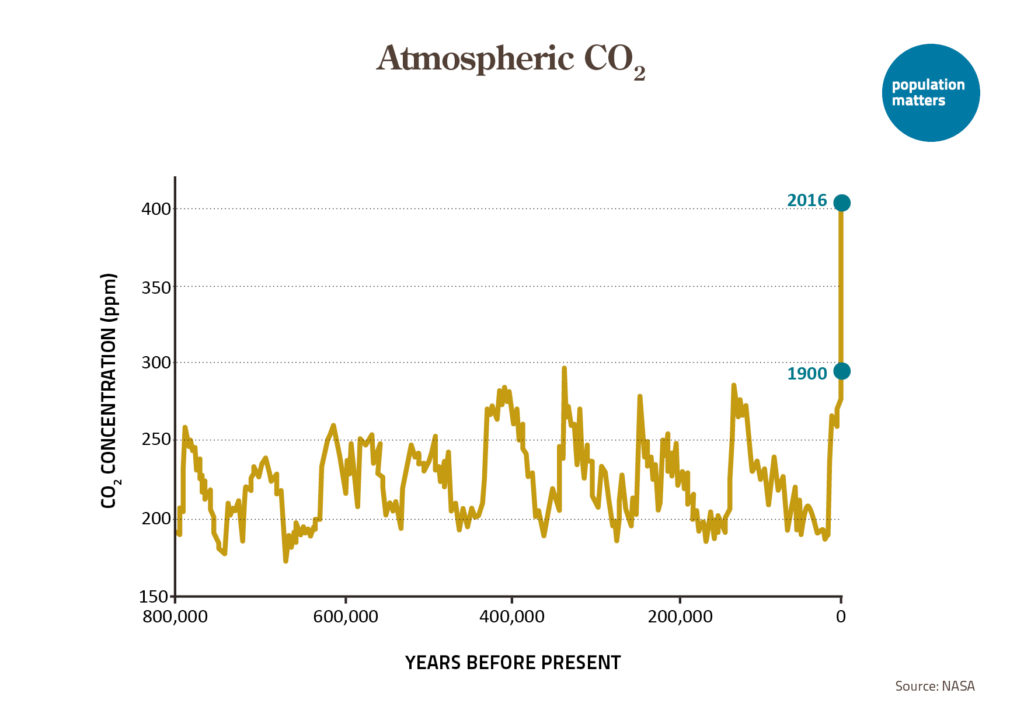
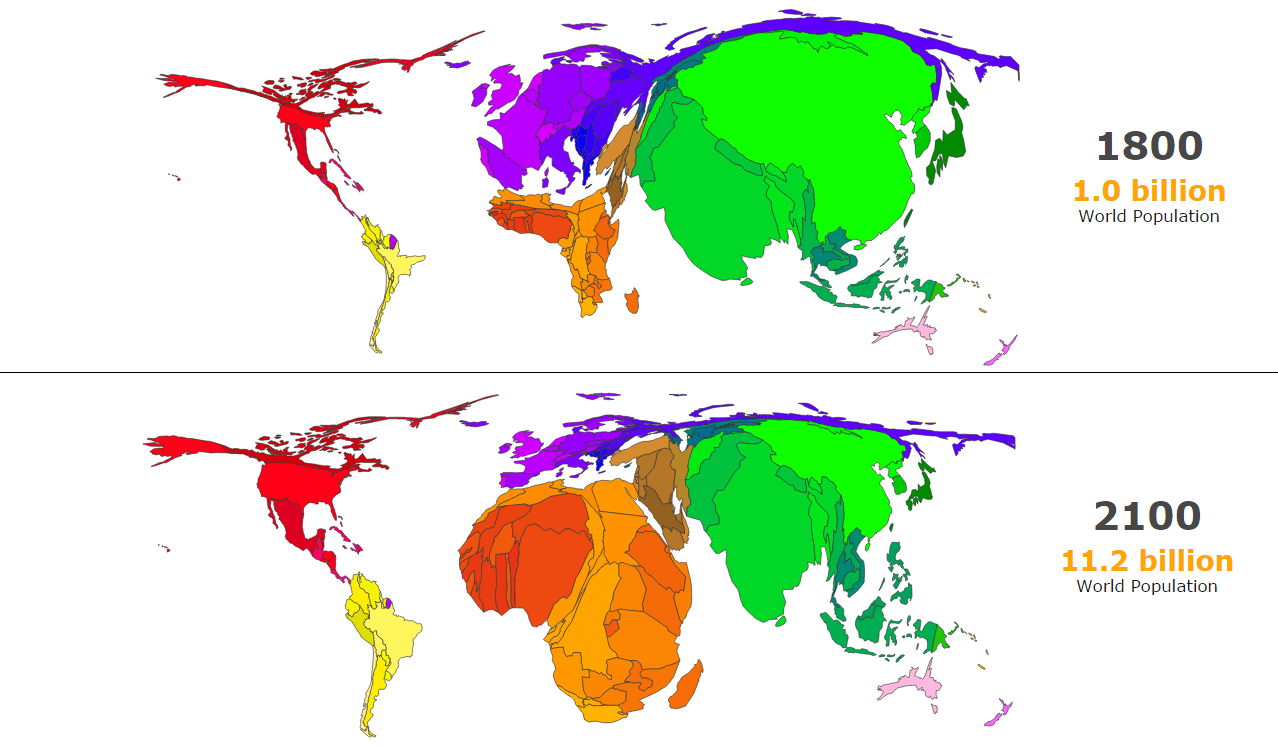
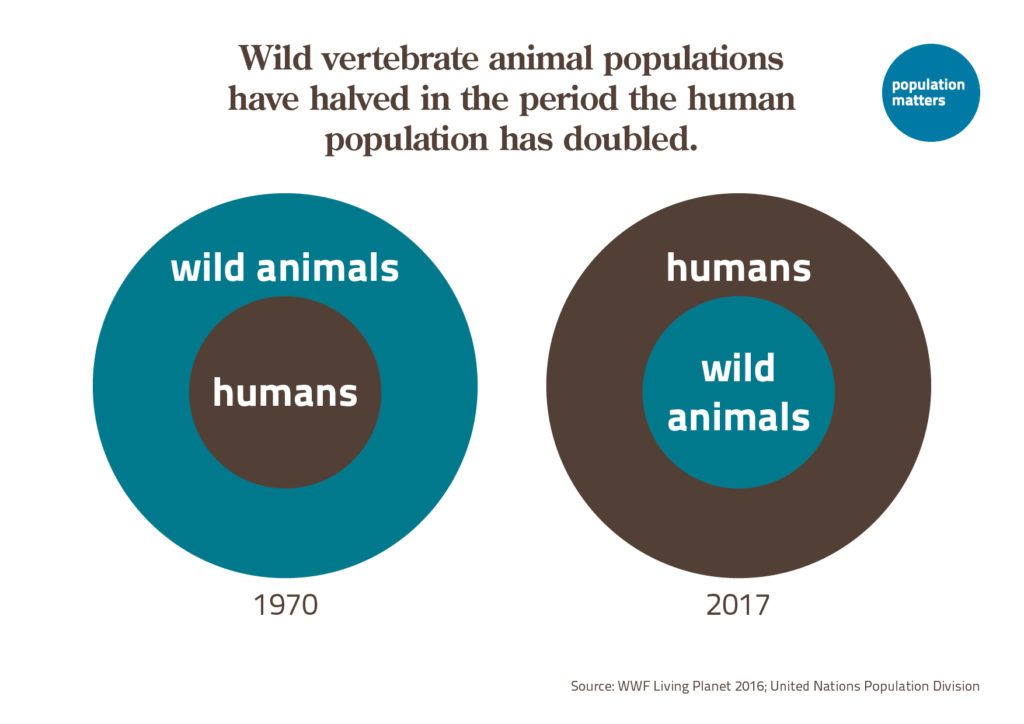
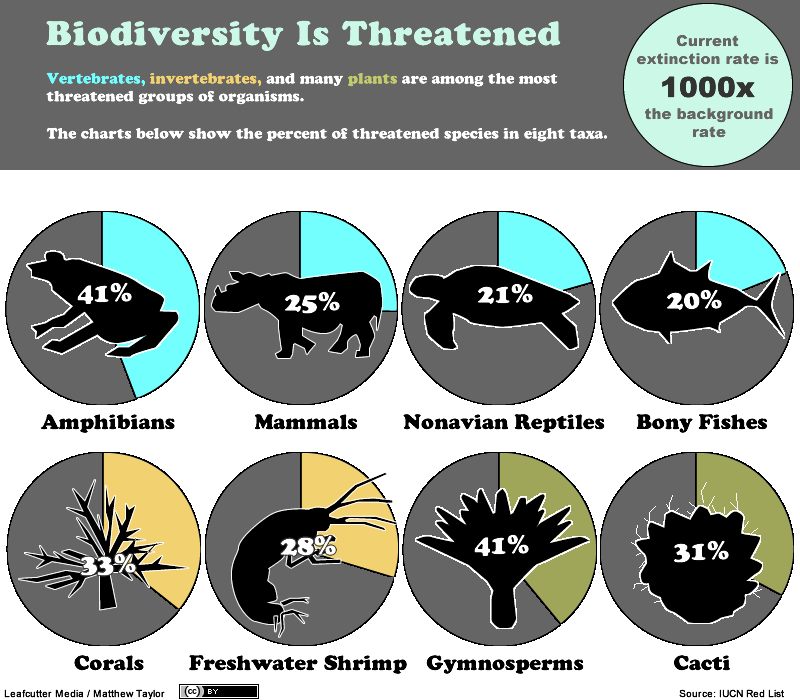
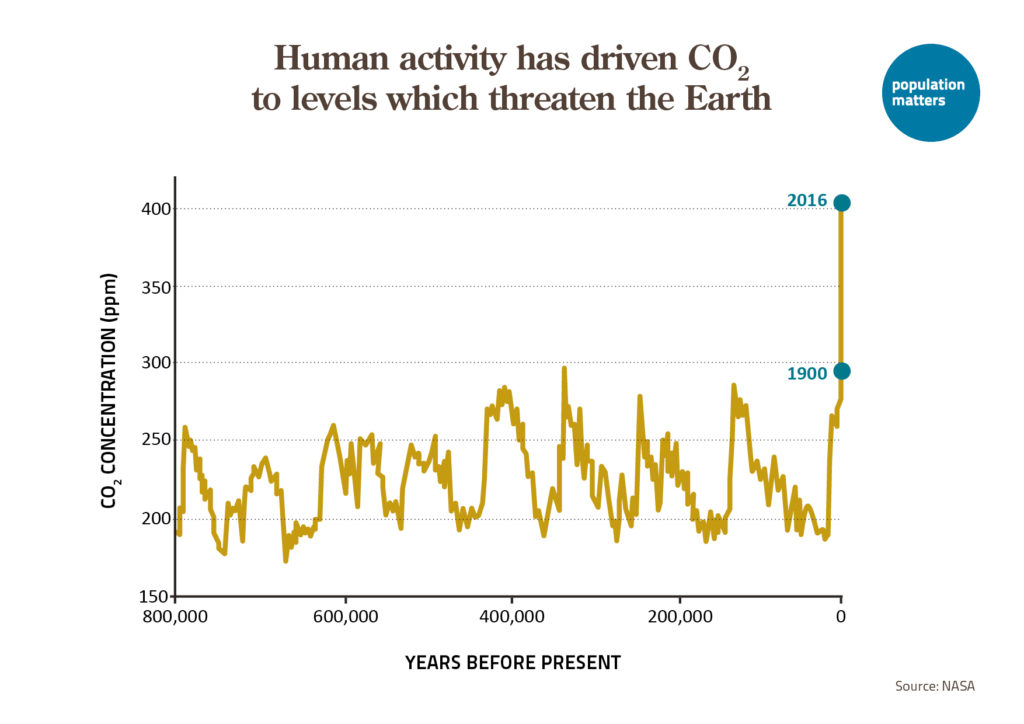
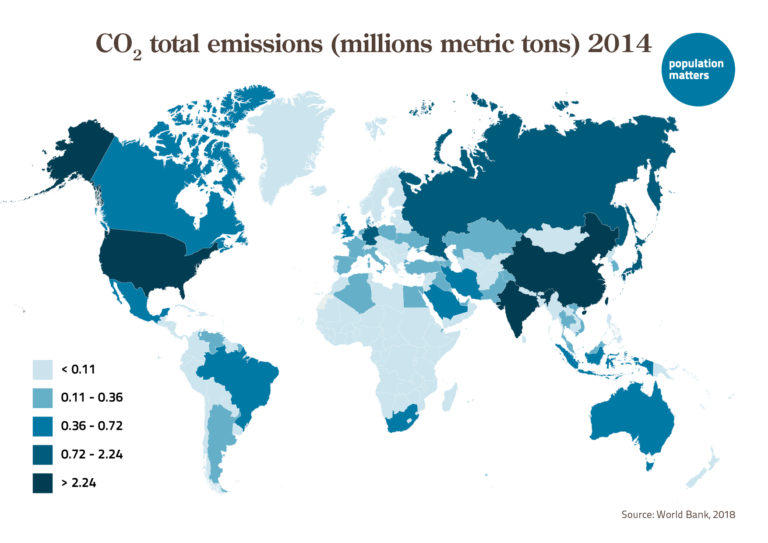

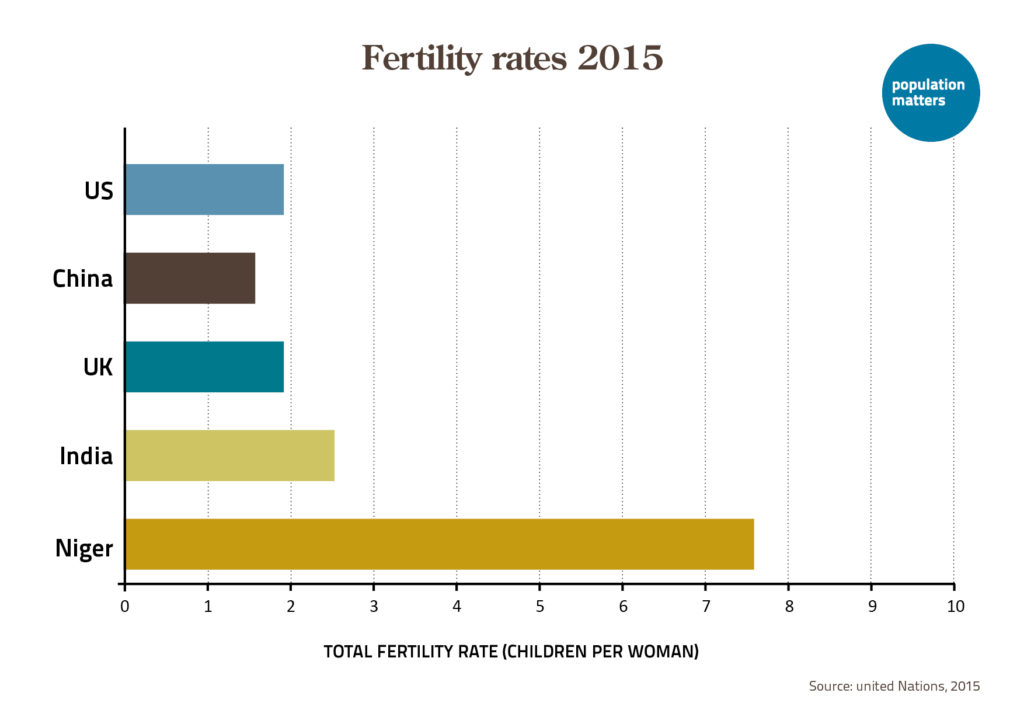
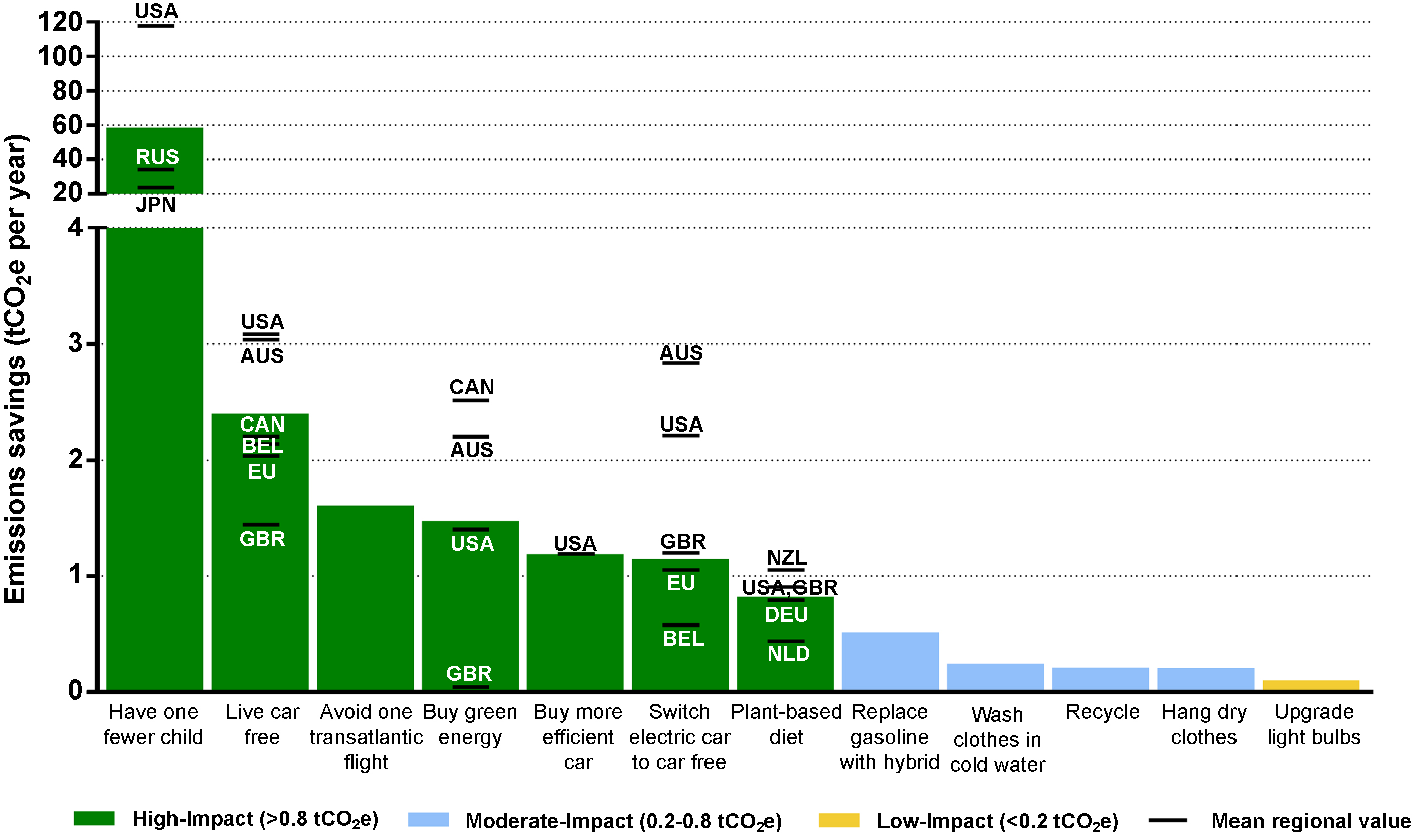



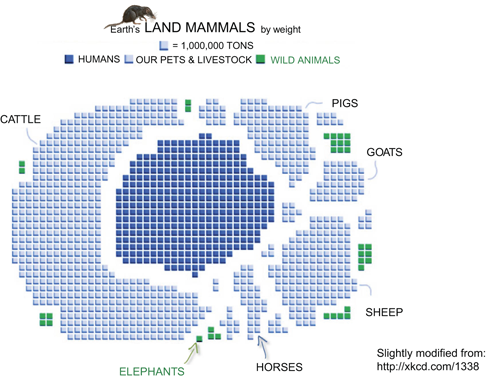

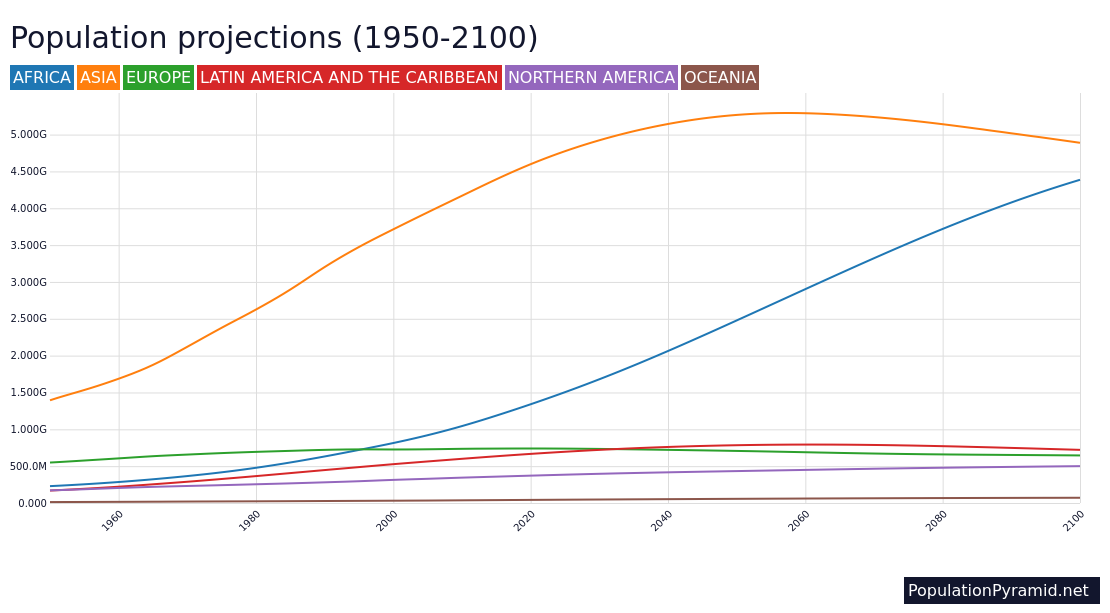
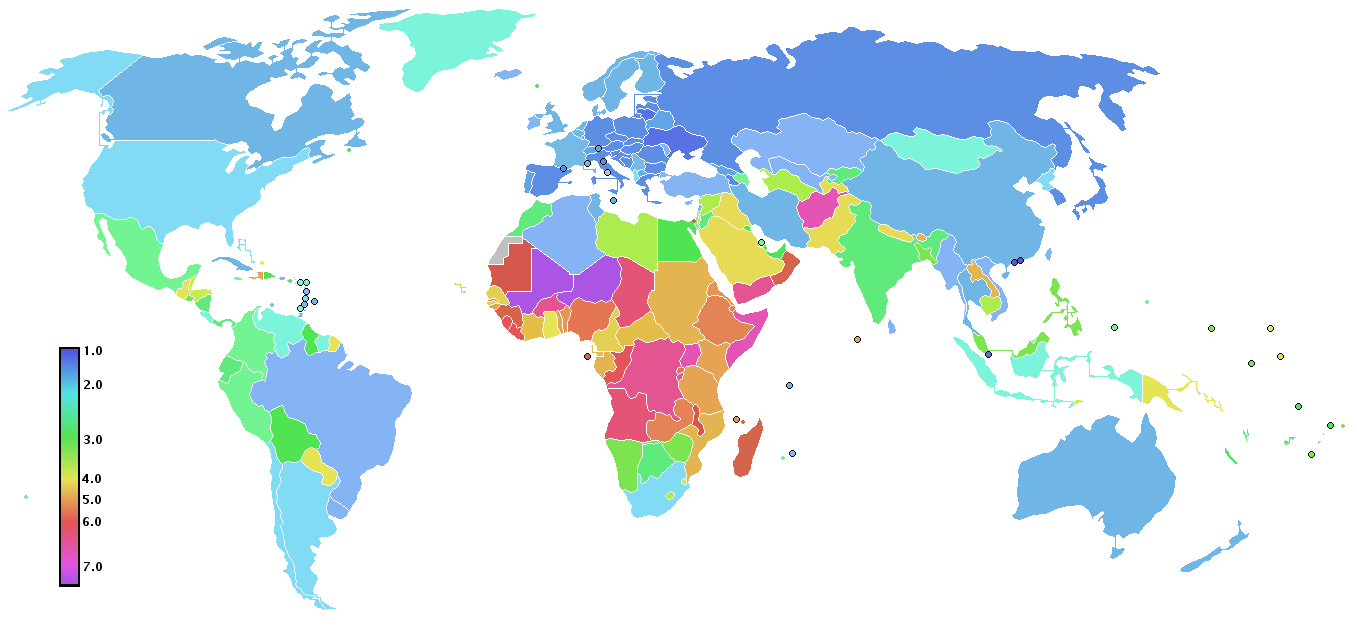
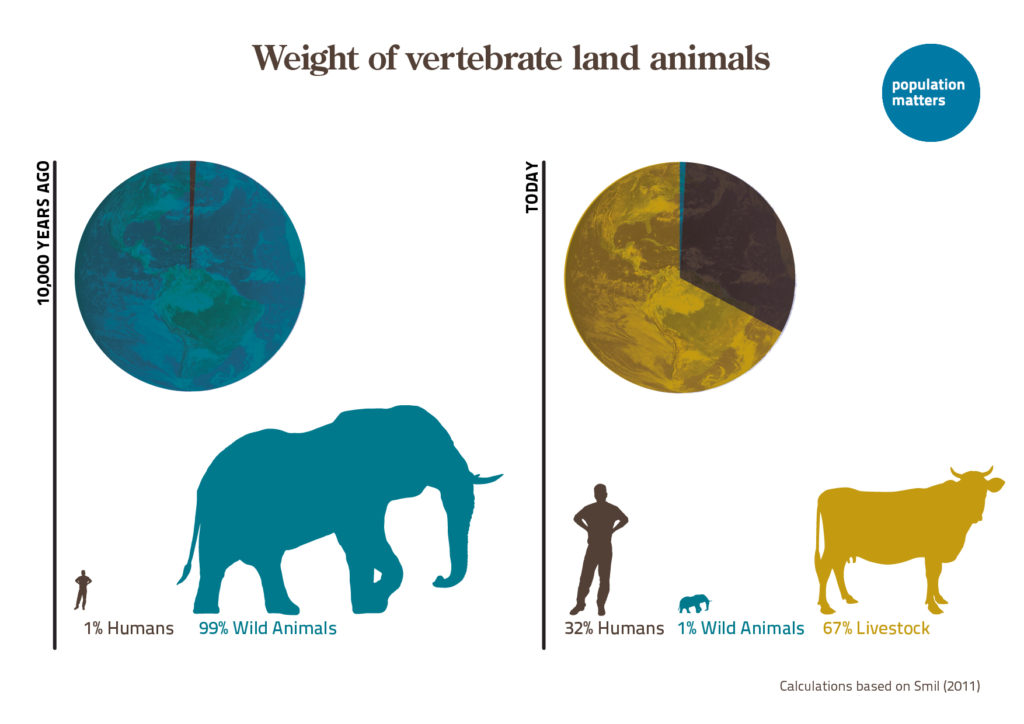

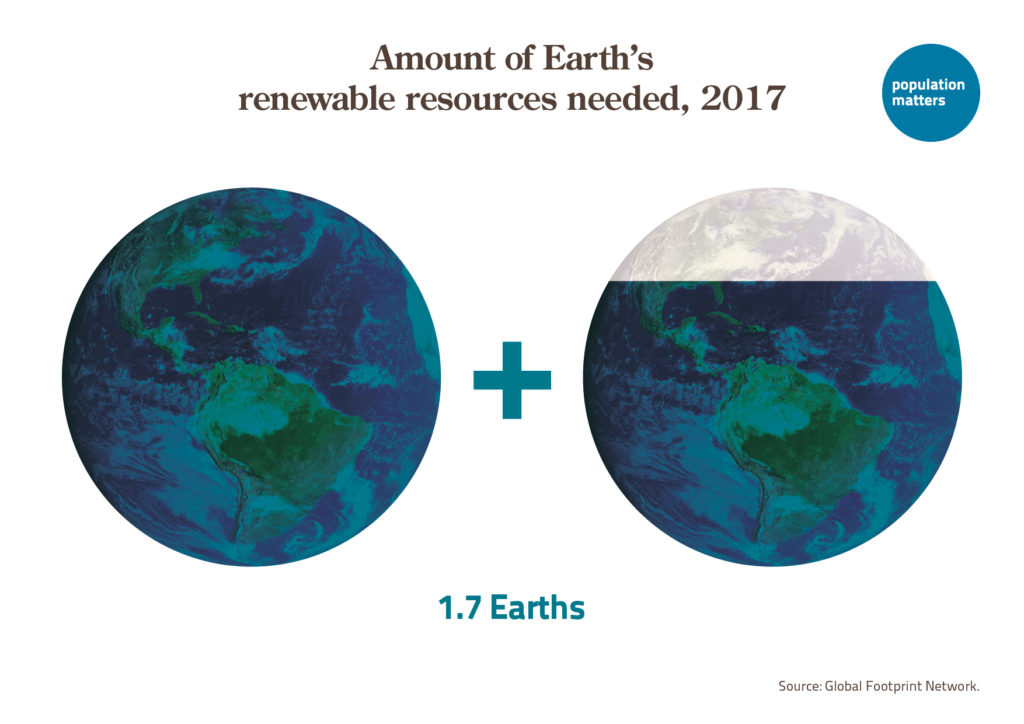


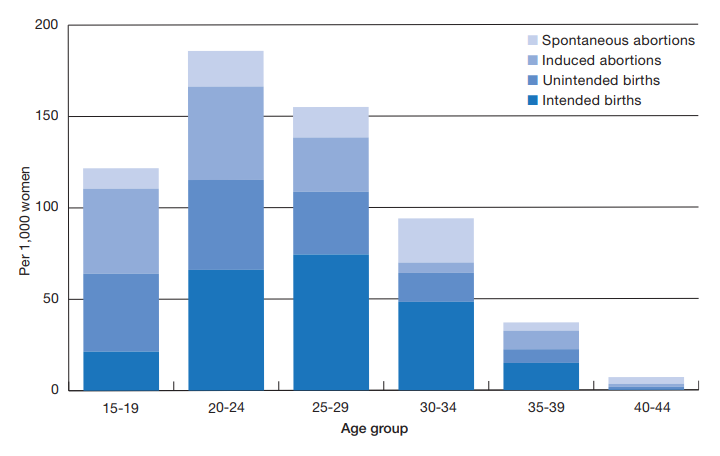
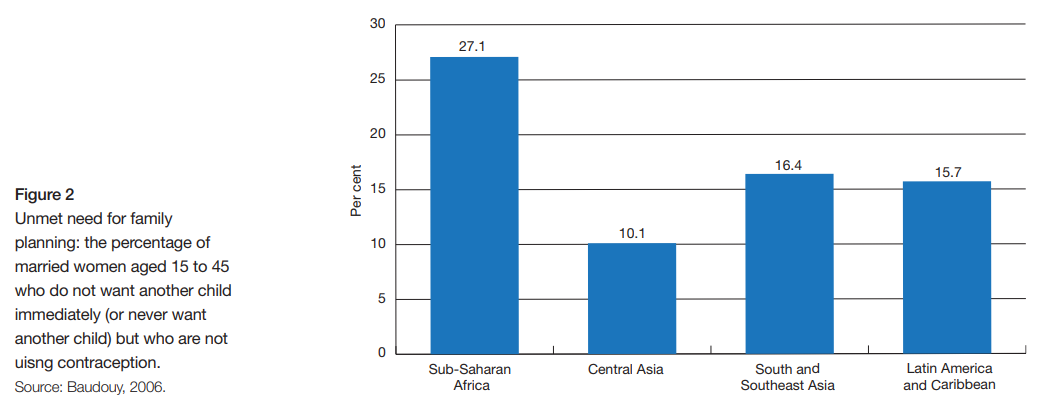
Leave a Reply